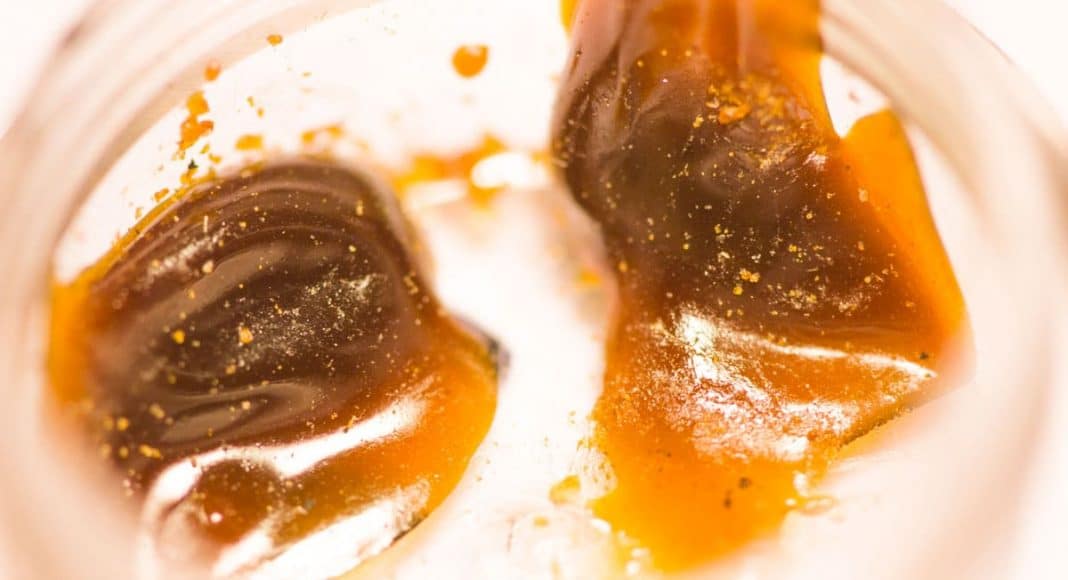The U.S. Drug Enforcement Administration (DEA) established a new code toward the end of 2016 confirming that, “marihuana extracts” are Schedule I drugs under the Controlled Substances Act.
Although the agency has said that anything derived from the cannabis plant is and always has been ranked among the most dangerous drugs in the world, the existence of a “new code number” sent the companies that market hemp products into a state of panic over concerns that it was just a greasy prelude to a shakedown.
-
Related Story: Marijuana Concentrates: The Good, The Bad And The Ugly
But the truth of the matter is the legal status of these products did not change. The DEA did not make any scheduling adjustments, because it did not need to. DEA officials said last year that marijuana and hemp extracts “have been and will continue to be Schedule I controlled substances.”
However, attorneys for the hemp industry argue that the DEA’s action puts “lawful” hemp products in the same category with controlled substances. The situation has spawned a lawsuit that is now in the hands of the 9th U.S. Circuit Court of Appeals. The decision from this court could reportedly “chart a new course for the hemp industry,” reports the Cannabist.
The federal government considers “all parts of the plant Cannabis sativa L., whether growing or not; the seeds thereof; the resin extracted from any part of such plant; and every compound, manufacture, salt, derivative, mixture, or preparation of such plant, its seeds or resin” to be a controlled substance. Yet, by definition, “mature stalks and seed incapable of germination” are not included in the Schedule I classification.
-
Related Story: 7 Simple Steps To Successful Marijuana Dabbing
The DEA said last year that the new code would not jam up common hemp products sold throughout the United States. But hemp industry leaders say the agency has already used it clarification on extracts to make busts in a number of jurisdictions. The lawsuit, which is being overseen by Denver’s Hoban Law Group, calls for a judicial review of the Controlled Substances Act and Agricultural Act of 2014, otherwise known as the Farm Bill.
Hoban’s lawsuit claims that the DEA’s extract code is the equivalent to scheduling action.
“The final rule creates this new drug code, indicative of being a controlled substance, for substances which are in fact not controlled pursuant to the (Controlled Substances Act),” according to the lawsuit. “Specifically, the final rule dictates that the mere presence of ‘cannabinoids,’ which are not controlled substances, is the determinative factor of whether a compound is a ‘marihuana extract.’
“Further, the final rule overbroadly defines ‘marihuana extract,’ without reflecting that certain portions and varieties of the genus Cannabis sativa L. are congressionally exempted from the CSA and/or are exempted from being treated as controlled substances altogether pursuant to the relevant laws, as enacted by Congress.”
Some other members of the hemp trade argue that there is no reason to challenge the DEA, since it is taking a mostly hands off approach. There are concerns that legal action will only increase enforcement.
Although the outcome of the lawsuit would only carry weight in 11 U.S. jurisdictions, it would provide some much needed clarity for the DEA’s new code.


